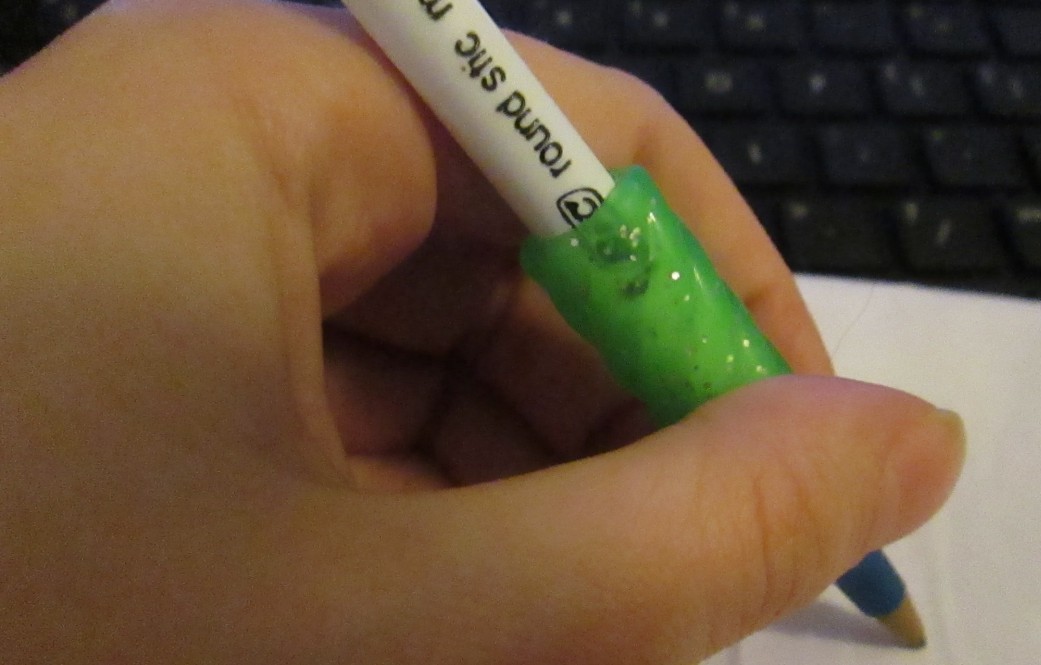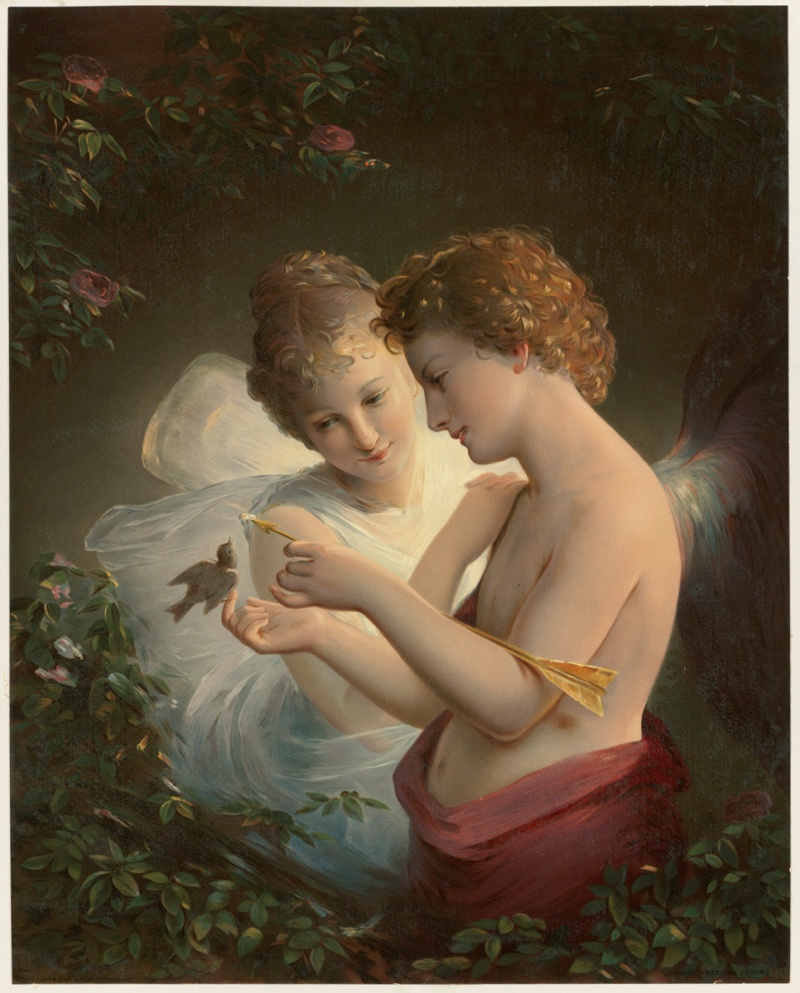I love romance novels. There seems to be some inherent reluctance to admit that online, most of all if you also read classic novels like I do. After all romance novels are a dime a dozen, easy reads, and hardly memorable, right? (Note: I don’t agree with any of this, but that’s a topic or two for my next few blogs).
But of all the hate aimed at romance, no subject seems to get more internet flames fired up than the romance sub-plot in a normal novel. The common gripe is that romance is unneeded and hurts a story rather than helps, most of all in YA. Sometimes even in books where romance is the actual stories sub-genre, front and center, with no frills or theme masks to hide behind. But, why? Rather than focus on how romance is a failing in of itself to a story like I’ve seen ranted about many times before, I thought I’d talk about the topic from my romance fan reader\writer pov of:
Reasons Why Romance Fails To Be Feel Necessary In A Romantic Plot
1) Characters Are Unrelatable.
This is a big one. Romance is about two characters getting to know and love one another. If the characters are not somehow enduring to the reader, how can they be the same to each other? This doesn’t mean, of course, that the reader has to know first hand about a character’s favorite hobby or pastime. But the basic human emotions and failings that ground all of us should be there somehow in fictional form. Speaking of emotions….
2) The Only Emotion Characters Show Is Love\Love Related
Characters are little fictional people. People are more than just love\lust even when they are in love. When the only thing that the characters talk about\angst about is love, most of all if other things are happening that are equally important that have a long standing in the characters life years before they met their lover, something feels off. Of course, there are cases where they forget everything swept up in the moment, but what makes those moments so great is their momentary coming and going , just like in real life.
3) The Romance In The Story Does Not Match In Tone
A war is raging, soldiers are dying, rebel fighters are firing elemental arrows from their crossbows, and the couple of the story is fighting over a package of jerky in a foxhole because the hero looked at another girl once. This problem is probably the one that gets to me most in YA fiction with a subplot. I understand a case can be made (and a good one to) for characters acting their age, but I also see it in romance subplots with adults. The main plot is placed on a grand scale, while the romance subplot is treated like a cheerful Saved By The Bell episode of the week. The drama and cold, hard, reality of maybe dying, or at least being badly hurt, seems to have no bearing on how the lovers act or value one another. They could as easily be sharing a milkstake at a diner fighting with each other and the scene would play out no differently.
4) A Character Says ‘I love you’ But Shows ‘Meh’
The characters say they are in love. They have sex. They call out for each other whenever they’ve been away too long. But that’s it. They go through the motions, and have long talks with themselves in silence about their true love, but their actions fall flatter than a pancake with the word ‘love’ written on it in crayon. Sometimes the plot tries to throw in characters fighting over and over and over as a placeholder for hidden passion but this only ends in more sex, and little else. While sex is great, it can become wearing if it is the only gesture of affection characters ever use to show that they are in love and not simply lust.
5) The Characters Don’t Grow
Growing up is hard to do. Most of all when you find out that no matter your age you’re still a work in progress. A good romance should foster growth in someway, adding to characters knowledge of not only the other person, but themselves. When romance is at its best it makes people into a newer, fresher, better version of themselves somehow, at its worst, weaker and scarred. Sometimes this growth is so dramatic that even after a romance ends the character will carry that changed, matured version of themselves onward in life always. But the problem comes when the character we’re introduced to at the beginning of the story is already a fixed personality that never changes. They are already great at everything they try, self assured (even if they have bad self-esteem) and unswayed by any actions of the surrounding world, much less their romantic partner. The characters spend time with each other and their mindsets are never challenged. They fight, but afterward act like nothing happened. They have realizations late at night, only to wake up, shrug them off, and go right back to treating their lover the same way they did on page 5 as page 355. While a ‘perfect’ character can be a placeholder for the everywoman/man reader to see themselves as while reading, this perfection and unchanging pov can also be a placeholder for ‘boring’.
———————
Feelings on what is good writing and what isn’t varies, of course :). But I still like thinking about it now and then. I will be doing a couple more romance themed posts . One I’ve been stewing on for a while is vampires, which I’ve been a fan of long before they sparkled like snow. Back in my day they sparkled like gold and were half elf! But that’s another story…




